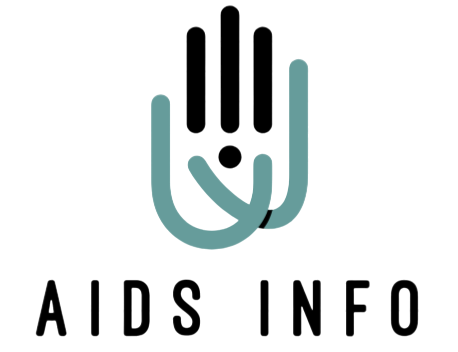Empowering students through education is a critical endeavor that requires bold leadership and transformative practices. In today’s rapidly changing world, educational leaders must not only inspire and motivate but also innovate and adapt to meet the diverse needs of their students. Bold leadership involves a clear vision for education that prioritizes student agency, inclusivity, and holistic development. Leaders must advocate for environments where students feel safe, valued, and engaged, creating a culture of respect and collaboration. This requires a departure from traditional authoritarian models of education, where students are passive recipients of knowledge, to a more dynamic, learner-centered approach that fosters critical thinking, creativity, and problem-solving skills. Transformative practices are essential in implementing this vision. This can include project-based learning, where students engage in real-world challenges that require them to apply their knowledge and skills in meaningful ways. Such practices not only enhance academic understanding but also build resilience and adaptability, crucial traits in an ever-evolving job market.
Additionally, integrating technology in education can empower students by providing them with tools that enhance their learning experience. When used thoughtfully, technology can foster collaboration, creativity, and personalized learning pathways, allowing students to take ownership of their educational journeys. Moreover, education must be inclusive and equitable, addressing the varied backgrounds and needs of all students. This means actively working to dismantle systemic barriers that hinder access to quality education. Leaders must advocate for resources, training, and support systems that empower educators to address the unique challenges faced by marginalized students. By promoting culturally responsive teaching and curriculum, schools can create an environment where all students see themselves reflected in their education, fostering a sense of belonging and motivation to succeed. Collaboration among stakeholders—educators, parents, community members, and students—is vital in this transformative process. Engaging families and communities in the educational process ensures that diverse perspectives are considered and that students’ learning is supported both in and out of the classroom.
Jonathan Ullmer partnerships can provide additional resources and opportunities for students, enriching their educational experiences and connecting them to the world beyond school. Furthermore, bold leaders must prioritize the professional development of educators, equipping them with the skills and knowledge necessary to implement transformative practices effectively. Ongoing training in areas such as social-emotional learning, differentiation, and technology integration is essential for creating a responsive and effective learning environment. When educators are empowered, they are better positioned to inspire and motivate their students, creating a positive feedback loop that enhances the entire educational experience. Ultimately, empowering students through education requires a commitment to bold leadership and transformative practices that prioritize student agency, equity, and community engagement. By fostering an environment that encourages exploration, creativity, and critical thinking, educational leaders can equip students with the tools they need to navigate an increasingly complex world. In doing so, they not only prepare students for academic success but also for lifelong learning and active citizenship, ensuring a brighter future for all.
